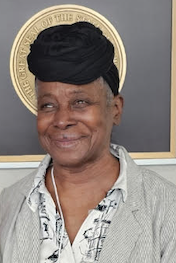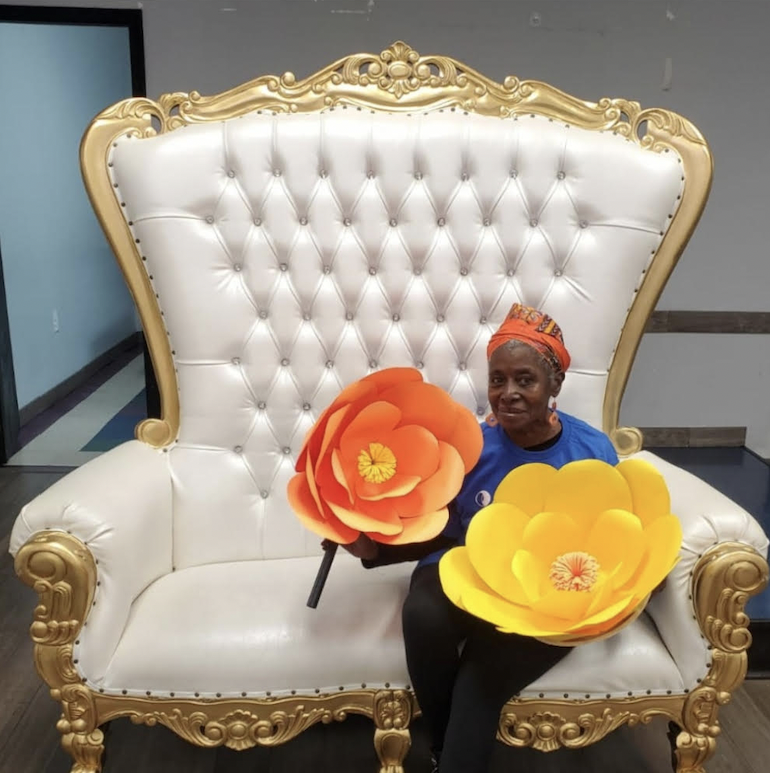
By Stephanie Dixon, DPC Patient Ambassador
When I was diagnosed with End Stage Renal Disease (ESRD) in 2001, I felt like my life was over. Many newly diagnosed ESRD patients share this fear, but it’s possible to live a full and happy life on dialysis. While ESRD requires adjusting to a “new normal,” this journey provides opportunities for growth and valuable lessons.
When I was first diagnosed with ESRD in 2001, I was immediately concerned for my two children, Jason and Joy. As the year passed, my body shut down, and I could no longer walk. Finally, I decided to have peritoneal access surgery and began dialysis in 2002.
My life improved immediately. My mind cleared as the toxins left my bloodstream. I began educating myself about my condition and how to live well on dialysis, which involved changing my diet and lifestyle. As many dialysis patients know, the diet and fluid restrictions can be difficult, but I adjusted and I’m able to stick to it to this day. Besides minor thyroid and hernia issues, I’ve been relatively healthy. I’m very grateful for that.
That’s not to say that there have been no obstacles. For instance, I had to stop working when I began dialysis, which affected my family financially. However, I had support and worked hard to overcome that challenge. A silver lining of my situation is that it allowed me to homeschool my son and tutor my daughter, who thrived academically and received college scholarships. Joy, now 38, is a nurse practitioner in the transplant ward, and I’m incredibly proud of her. We survived, and we’re doing well.
While I also recently lost my Medicaid coverage when I moved from New York to New Jersey a few months ago, I am close to overcoming that obstacle too. Through DPC, I visited my congressman’s office and he promised to help. My case is being processed because of the special attention of my congressman. I’m grateful to be a part of DPC, which has given me the strength and opportunity to advocate for my health and the health of others like me.
Part of adjusting to my new normal has included discovering what it means to be a DPC patient ambassador. I’m working to change policy issues that affect dialysis patients like me, and it’s been deeply meaningful. This is my first year as a DPC patient ambassador, and interacting with lawmakers has been very helpful in elevating patient voices. We have a long way to go, but together, we can make our voices heard to change public policy and ensure patients have access to the care they need and deserve.
All in all, I learned one lesson over the course of my dialysis journey: I can do anything I set my mind to. Adjusting to my new normal demonstrated to myself and others that I have the strength to overcome virtually every challenge from ESRD. I couldn’t do it alone: DPC has proven invaluable to my success. I hope other patients read my message and rest assured that they too can successfully adjust to their new normal.




